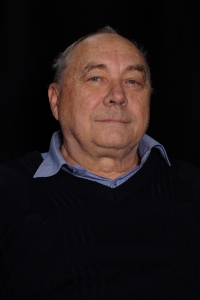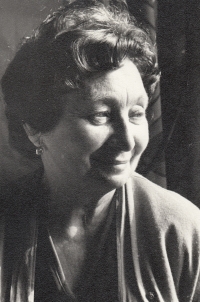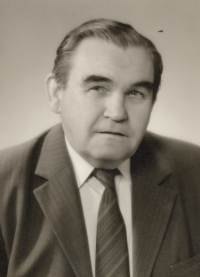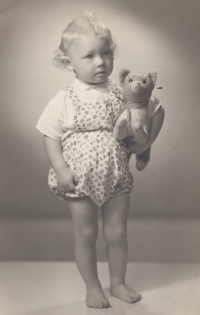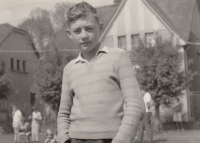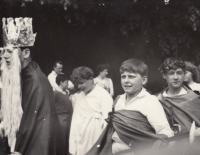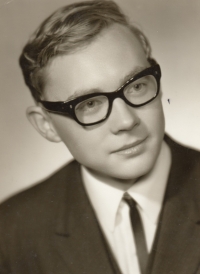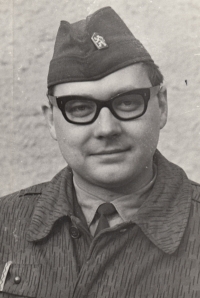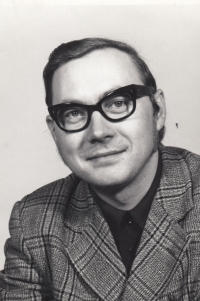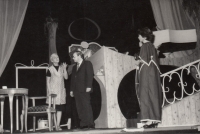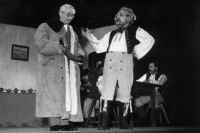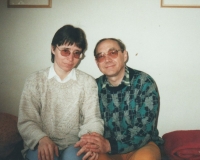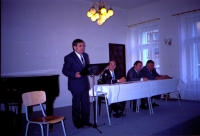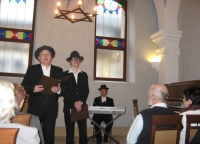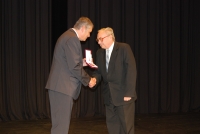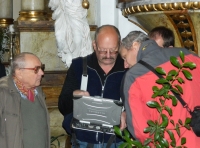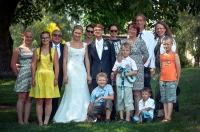The secretary of the Communist Party wanted to destroy the church. It was saved because of the high cost of blasting
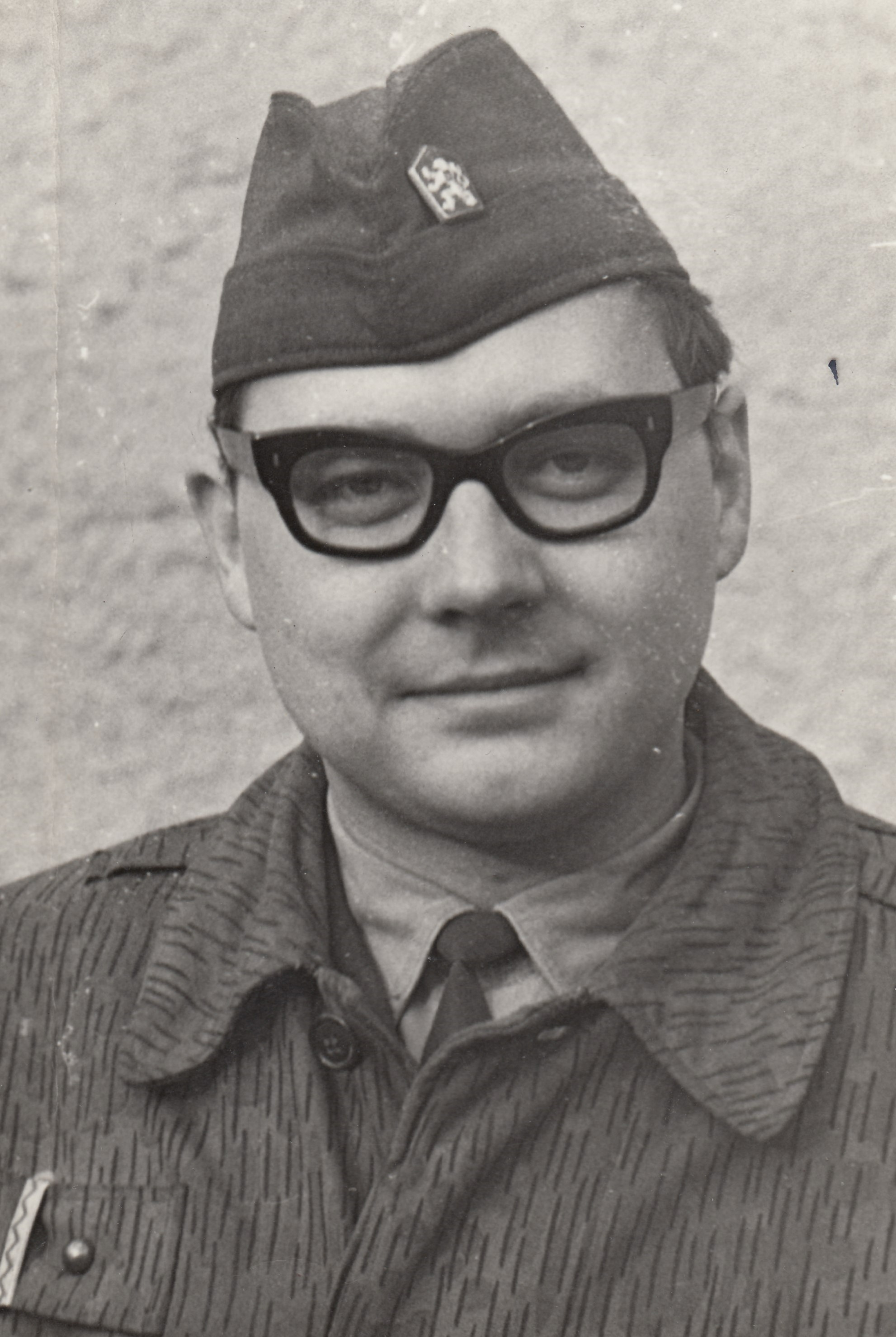
Download image
Jiří Mach was born on June 30, 1950 in Rychnov nad Kněžnou. His father Josef was transferred from Dobruška to a village school in Hlinný for disagreeing with the communist coup. Later, however, his father gave up to the pressure and persuaded the farmers to join the cooperative. His great-grandfather was an enthusiastic amateur actor. His grandfather, father, Jiří Mach and his son were dedicated to amateur theater. He remembers August 1968 as a time of despair and ruin. At the same time, however, he says that in the same year he joined the Communist Party out of conviction, where he remained until the Velvet Revolution. He studied the sociology of human settlements at Charles University. For eight years he was in charge of monuments and nature protection at the District National Committee in Rychnov nad Kněžnou. From 1985 to 2017 he ran the museum in Dobruška. In 2021 he retired and lived in Dobruška. He was married and had four children and eight grandchildren.
